As you age, protecting your joint health can help you maintain mobility. And studies show that this can, in turn, have a significant impact on your health-related quality of life, helping you maintain your independence as you age.
“Your diet plays an important role in keeping your joints in tip-top shape, especially if you have arthritis or other joint problems,” says Raj Dasgupta, MD, medical evaluator for NCOA and a quadruple ABIM-certified physician specializing in internal medicine, pulmonology, critical care, and sleep medicine. “Incorporating the right foods into your diet can give your joints the essential vitamins, minerals and nutrients they need to stay healthy and pain-free.”
Chris Mohr, PhD, RD, fitness and nutrition advisor for Fortune Recommends Health, adds that when we nourish our bodies with the right foods to meet our needs, we can reduce chronic inflammation, which is often one of the main causes of joint pain and discomfort. “A healthy diet can also support cartilage health, which is important because cartilage is like a cushion for joints,” he notes.
Wondering what foods to eat to protect your joint health? These are the 10 best to try, according to doctors.
RELATED: 6 Best Supplements for Joint Health, According to Doctors.
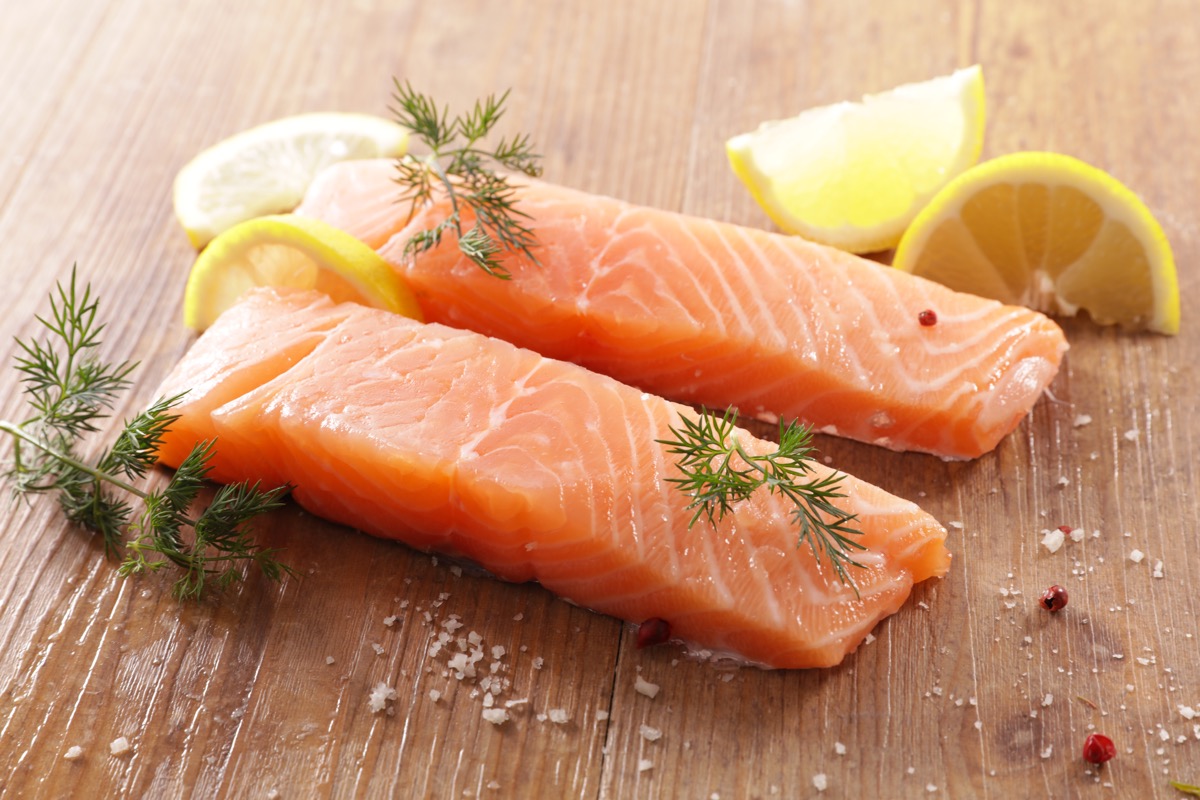

According to the Arthritis Foundation, people who regularly eat fatty fish are less likely to develop rheumatoid arthritis.
“Arthritis is, for the most part, an inflammatory disease. When your joints swell, turn red, and feel hot to the touch, you are witnessing and feeling inflammatory processes in motion,” the foundation writes. “Among the most powerful edible inflammation fighters are essential fatty acids called omega-3s, particularly the types of fatty acids found in fish.”
Dagupta and Mohr particularly recommend fish like salmon, mackerel, tuna and sardines, which they say are packed with omega-3 fatty acids. “These fatty acids can help reduce joint pain and stiffness,” says Dasgupta.
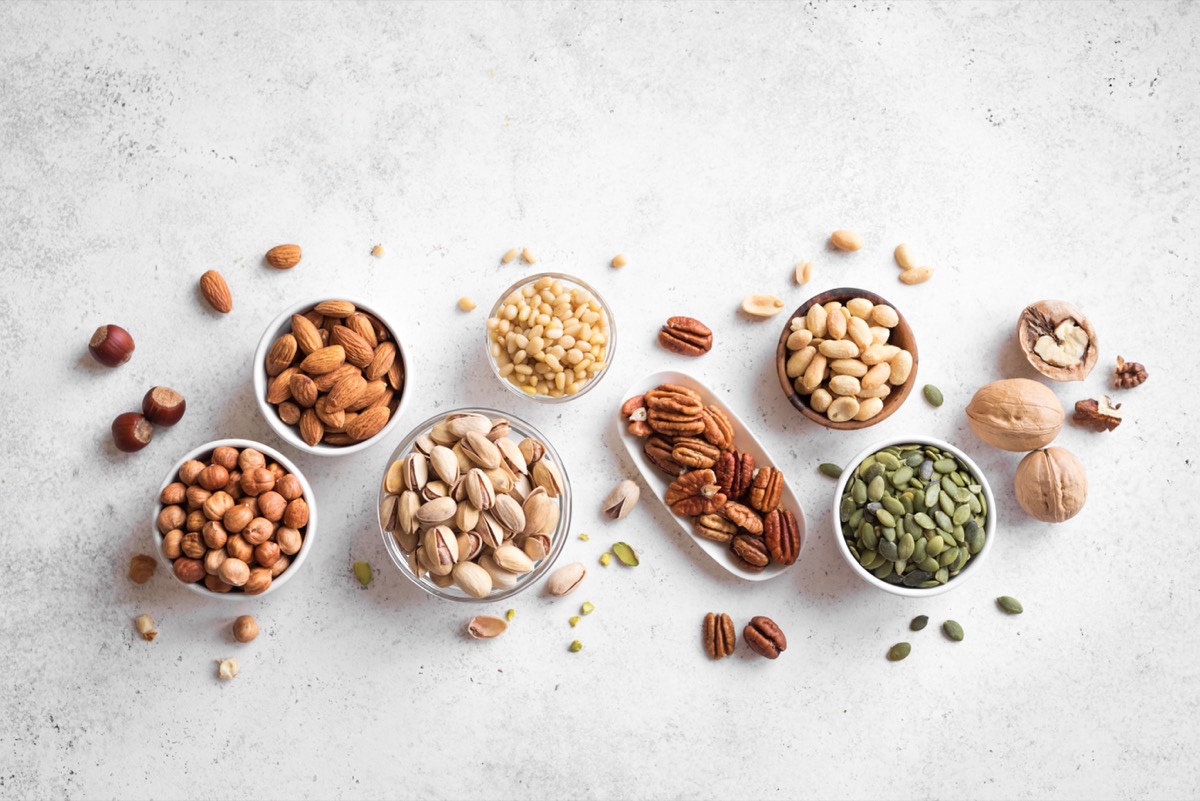

Nuts and seeds are also rich in omega-3 fatty acids, making them another great food for combating joint pain. Mohr says they’re “a good option for vegetarians and vegans who want to avoid fish.”
“Nuts and seeds like walnuts, chia seeds and flax seeds provide healthy fats that help reduce inflammation and are rich in magnesium. Additionally, they contain vitamin E, which has properties anti-inflammatories,” adds Dasgupta.
RELATED: 8 Simple Exercises That Will Improve Your Joints.
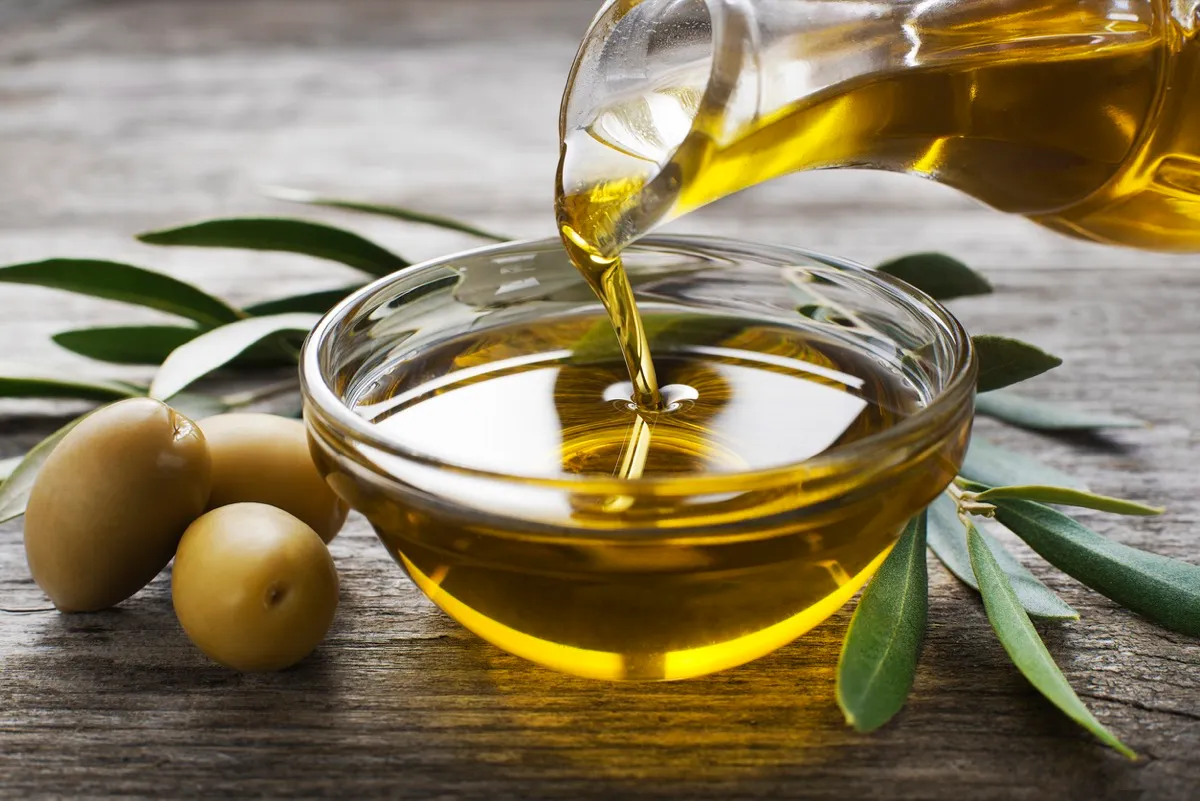

Dasgupta then recommends olive oil because it “contains oleocanthal, which has anti-inflammatory properties and is full of monounsaturated fats that help reduce joint inflammation.”
The Arthritis Foundation adds that oleocanthal is not the only high-impact polyphenol found in olive oil. “At last count, there were approximately 30 of these natural compounds. They are found only in plants and some are unique to extra virgin olive oil (EVOO),” they write, noting that the benefits range well beyond the joints. “All are known to have anti-inflammatory, antioxidant, anti-allergic and anti-cancer effects.”
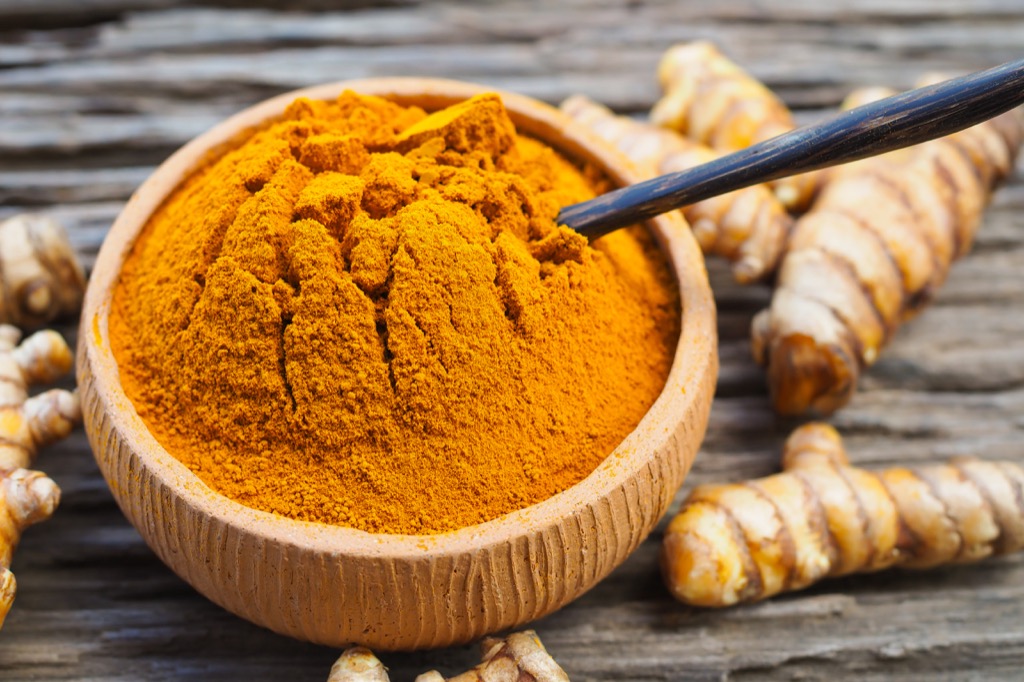

Turmeric supplements are often used as a pain treatment in people with arthritis. In fact, a 2021 study published in the Journal of Medicinal Foods notes that their analgesic effect is comparable to a five-day course of ibuprofen.
However, you may also see joint health benefits by adding turmeric to your meals. “Turmeric contains curcumin, which reduces joint inflammation,” says Mohr.
RELATED: 5 Best Foods to Fight Inflammation, Doctors Say.
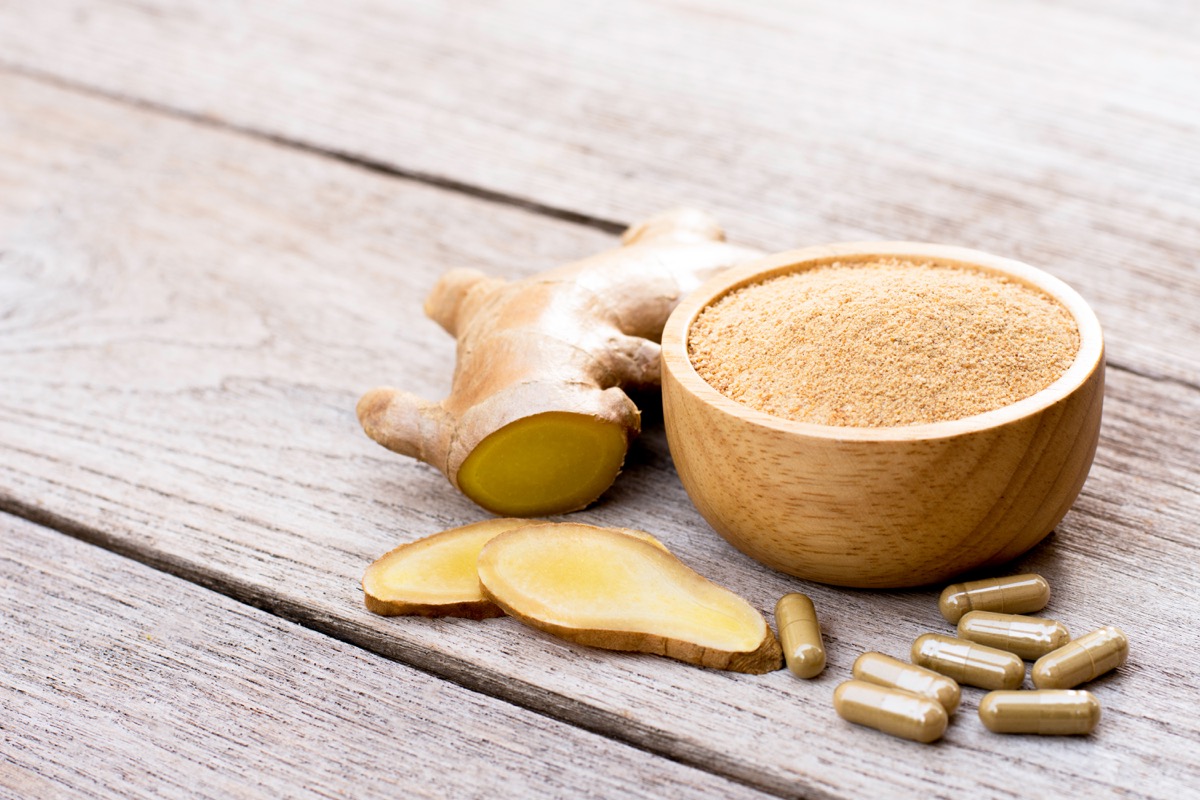

Ginger is another great choice for improving your joint health.
“Ginger contains gingerol, a compound ideal for fighting inflammation and rich in antioxidants. Including ginger in your meals can have a positive effect on joint pain, which is helpful for anyone suffering from arthritis” , explains Dasgupta.
However, the Arthritis Foundation notes that if you’re looking to improve your joint health, taking ginger in the form of a 250 mg daily supplement will be most effective.
“While foods containing ginger are delicious, capsules give you the most bang for your buck. Look for brands that use ‘supercritical extraction,’ which preserves the active ingredients for the greatest benefit,” they advise.
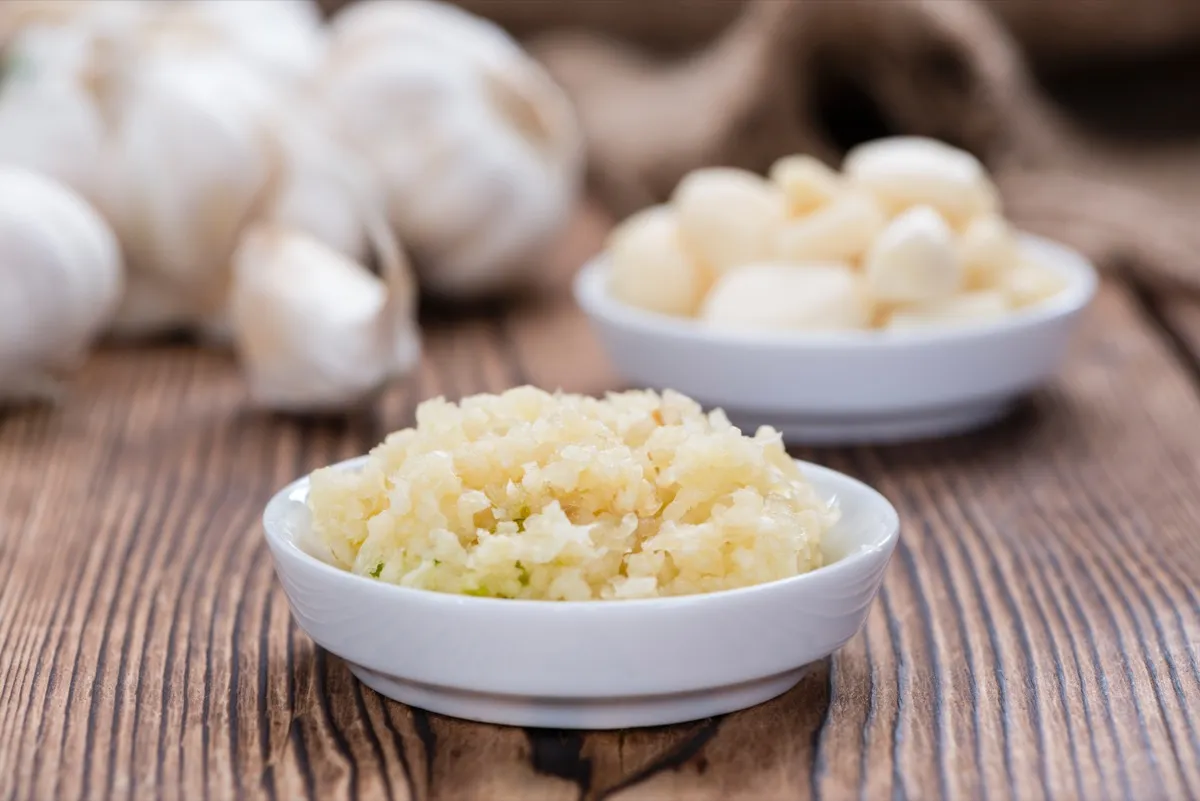

Garlic can be found in a wide range of cuisines, and that’s great news for your joint health.
“Garlic is known for its anti-inflammatory and antioxidant properties,” says Mohr. “These qualities make it beneficial not only for joint health but also for overall immune function.”
RELATED: 7 Foods to Avoid with High Blood Pressure, Doctors Say.
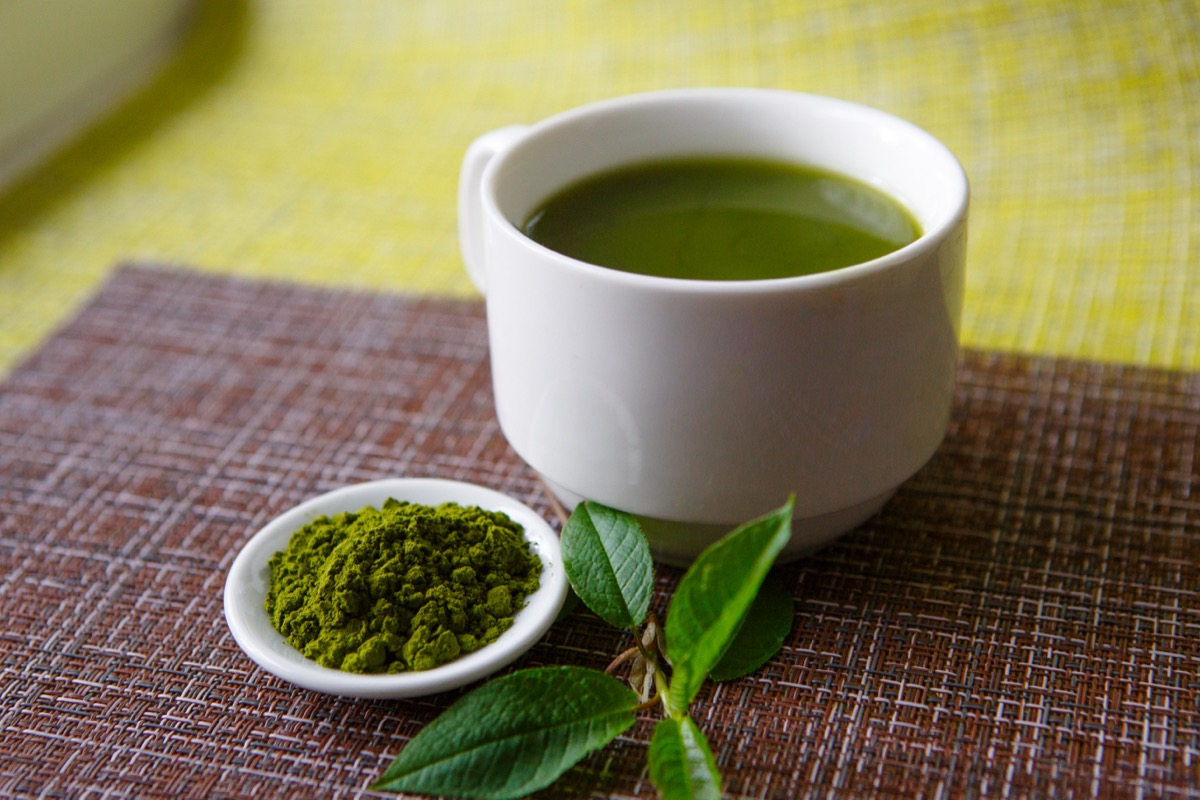

Next, Dasgupta points out that green tea contains lots of polyphenols and antioxidants that are “exceptional for fighting inflammation.” Recent research also confirms that green tea can have a significant impact on joint health.
“Emerging evidence suggests that green tea catechins play an important role in maintaining joint and skeletal muscle health,” confirms a 2020 study published in the journal Antioxidantswhich examined the effects of green tea on joint and skeletal muscle health.
“It has been suggested that green tea and its main bioactive component of the polyphenolic fraction of green tea, EGCG, may be able to protect against cartilage loss and reduce the progression of osteoarthritis (OA) over the course of the last decade,” write the authors of the study.
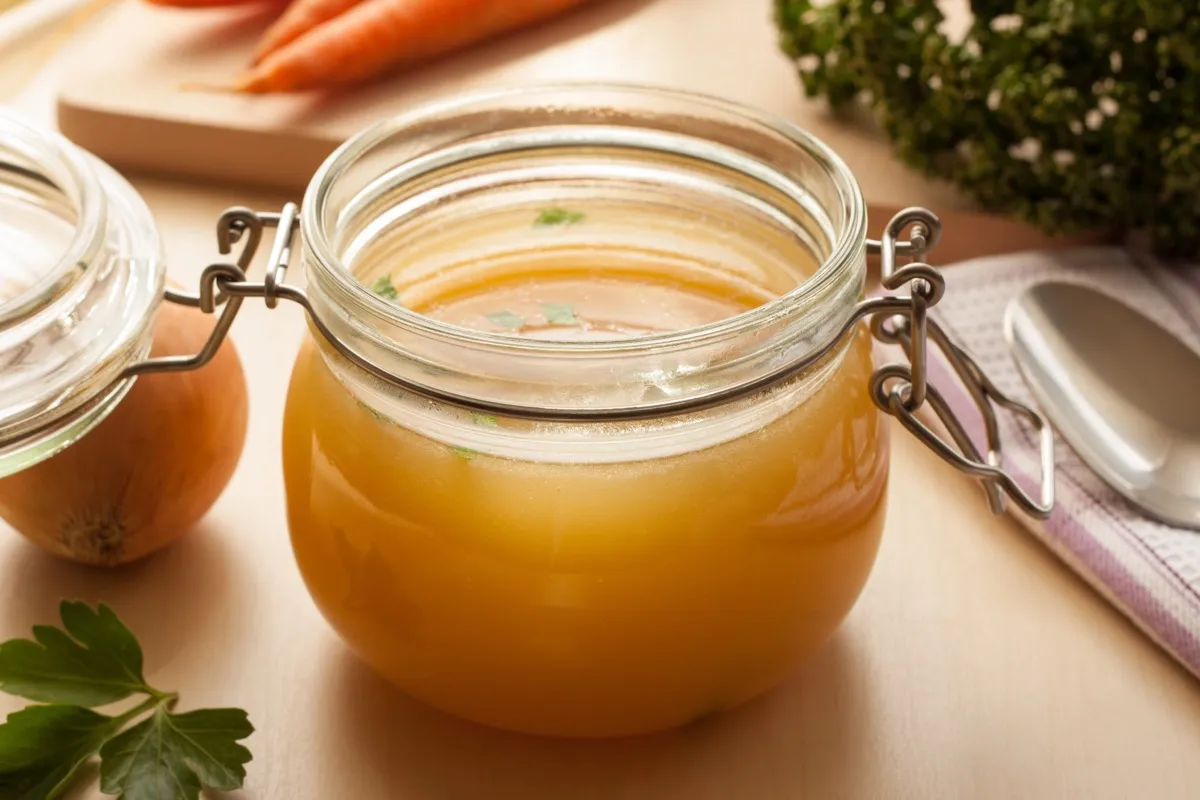

Bone broth is another effective dietary supplement. “Bone broth is loaded with collagen, gelatin, as well as glucosamine and chondroitin, which are natural compounds found in cartilage, the connective tissue that cushions joints,” says Dasgupta.
RELATED: 8 Health Benefits of Drinking Cranberry Juice, According to Doctors.


Berries, including strawberries, blueberries, and blackberries, are another great choice for improving your joint health. In fact, a 2016 animal study published in the journal Biomedicine and Pharmacotherapy found that consuming bilberry extract reduced tissue swelling and edema by 30 percent while also reducing markers of inflammation.
“Berries are packed with nutrients such as antioxidants, vitamins and minerals, including vitamin C, potassium and fiber, all of which help prevent chronic inflammation and maintain healthy collagen, necessary for body health. cartilage,” says Mohr.
Citrus fruits are also beneficial. “Oranges are rich in vitamin C, which is essential for collagen synthesis,” notes Dasgupta. “Collagen is a key component of cartilage, so vitamin C contributes to joint and cartilage health.”
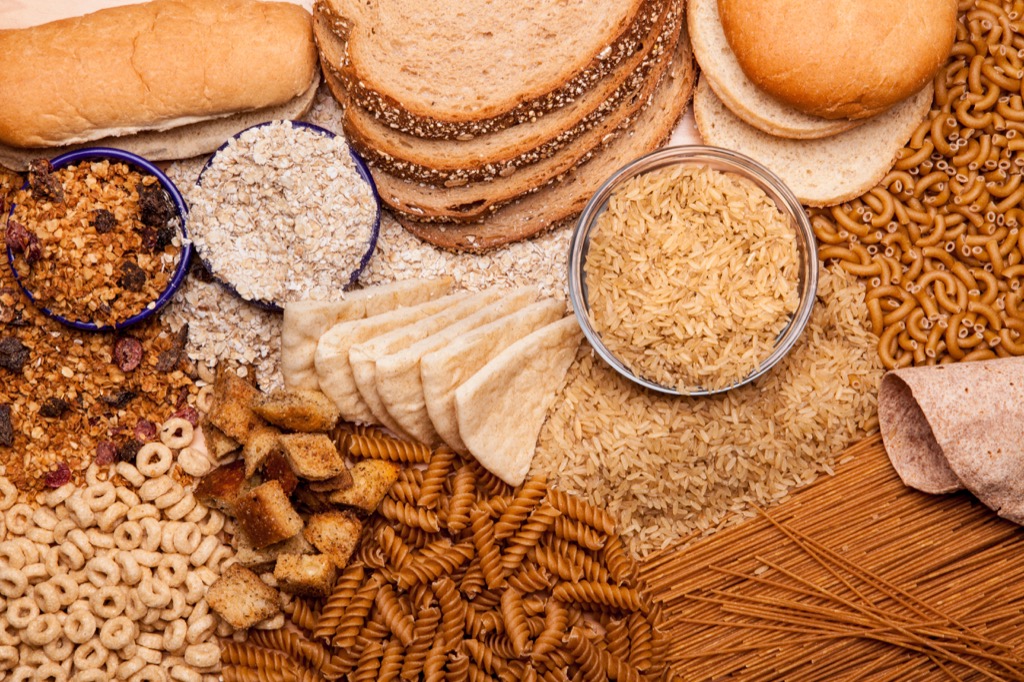

According to a 2022 study published in the journal Nutrients points out that whole grain foods are rich in nutrients, dietary fiber, antioxidants and phytochemicals, meaning they “have the potential to act in an anti-inflammatory manner, which could contribute to having an impact on the risk of chronic disease.
“Whole grains may help reduce levels of C-reactive protein (CRP) in the blood, which is a marker of inflammation,” says Mohr, referring to this study. “These grains provide energy and are also full of fiber, which can help maintain a healthy weight, reducing stress on the joints.”